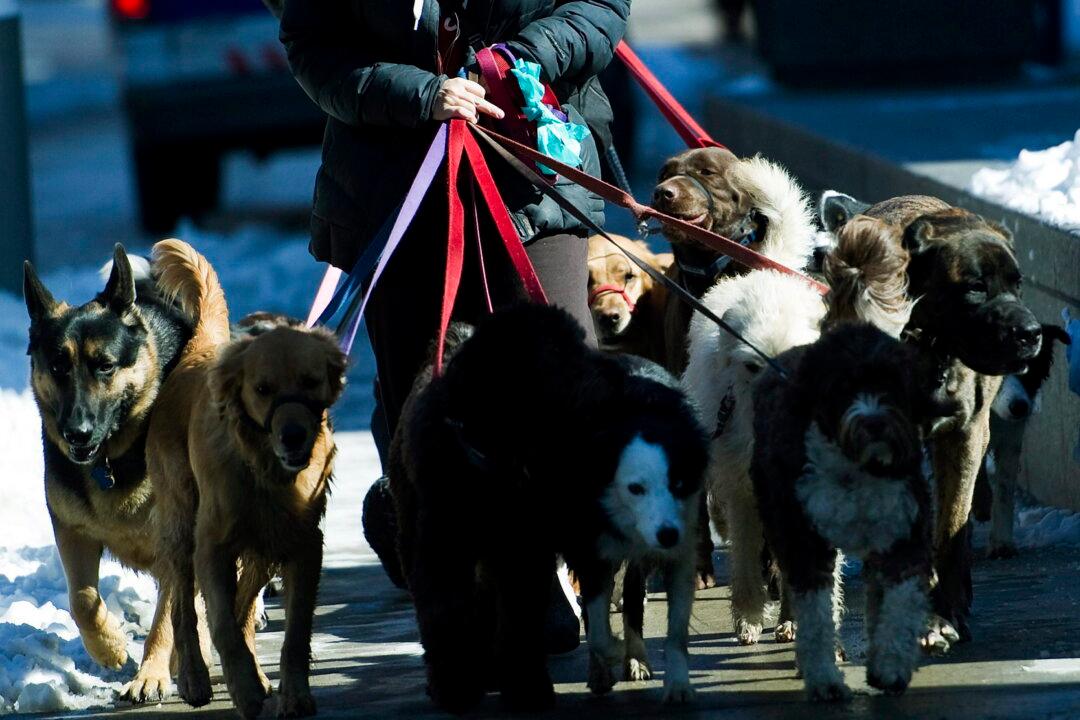A Toronto woman is facing multiple charges after a weekend dog attack at a city park left a child with “life-altering” injuries, police say.
The attack comes less than a week after city council approved several new procedures for Toronto Animal Services to bolster both enforcement of and compliance with dangerous dog orders.





